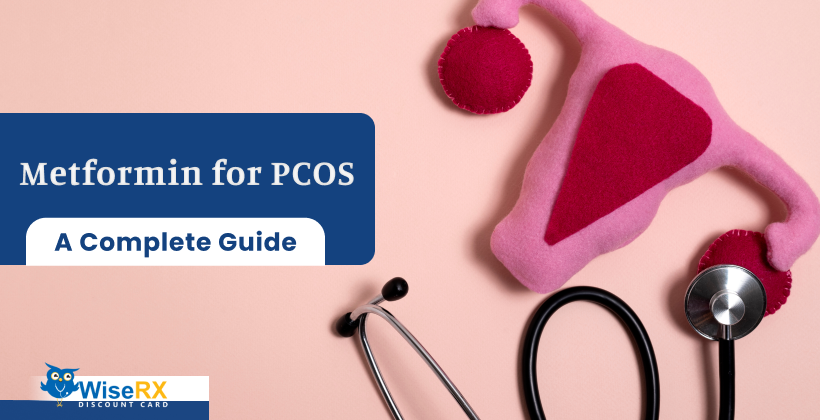Start Saving upto 85% on Your Prescriptions
Menopause is a natural phase in the life of a woman, marking the end of her reproductive years. While mood swings, hot flashes and sleep disturbances are well-known symptoms, many women are surprised to find themselves struggling with back pain during menopause. The connection between menopause and back pain is real, and it can significantly…
Living with bipolar disorder means more than just managing mood swings; it also means paying close attention to your daily habits—especially your diet. While food alone can’t cure bipolar disorder, making thoughtful dietary choices can play a decisive role in stabilizing mood, improving overall mental health, and supporting the effectiveness of medications. In this blog,…
In recent years, the fight against obesity has seen significant strides, especially with the development of powerful weight loss medications like Zepbound and Wegovy. If you’ve been exploring your options or have been prescribed one of these medications, you’re likely wondering: Zepbound vs. Wegovy — which is better for weight loss? While both medications are…
Our eyesight is one of the most precious gifts, allowing us to perceive the world in vibrant colors and intricate details. While glasses and contact lenses offer a quick fix for vision problems, natural ways exist to improve and maintain healthy eyesight without relying solely on these aids. One effective method is incorporating specific foods…
Do you know what Psoriatic Arthritis is? It is a chronic condition and inflammatory arthritis that people with psoriasis can face. This chronic condition is common, and people facing it have to deal with a lot of joint pains, swelling, and muscle stiffness. It can also affect the nails and the skin. If you think…
Caring for a loved one with dementia is an emotional and challenging journey, especially as they approach the final stages of life. Understanding the signs that indicate the end of life is near can help families and caregivers prepare, provide comfort, and make informed decisions about care. Dementia is a progressive disease, and while each…
Galliprant (active ingredient grapiprant) is one of the common dog prescriptions. It is one of the NSAIDs used to manage inflammation and pain in dogs suffering from osteoarthritis. Dogs with osteoarthritis suffer from the wearing down of cartilage on the joint surface, leading to the joint’s nerve endings and bones rubbing together painfully. If your…
Cat owners only like to provide their feline friends with the best care possible. When they are under the weather, visiting your vet and getting your pet a checkup is natural. If the vet finds anything, they will give your pal the best treatment to help them recover. With that said, you can also find and…
Sciatic pain, or sciatica, is a debilitating condition that can disrupt daily life. It stems from irritation or compression of the sciatic nerve, which runs from the lower back through the hips, buttocks, and each leg. If you’re experiencing this pain, immediate relief is likely your top priority. This guide explores effective strategies for managing…
Polycystic Ovary Syndrome (PCOS) is a common hormonal disorder that affects millions of women worldwide. Among the various treatment options, Metformin has emerged as a widely prescribed medication to manage PCOS symptoms. If you’ve recently started Metformin, you might wonder how to recognize whether it’s working effectively for you. This guide will help you identify…











